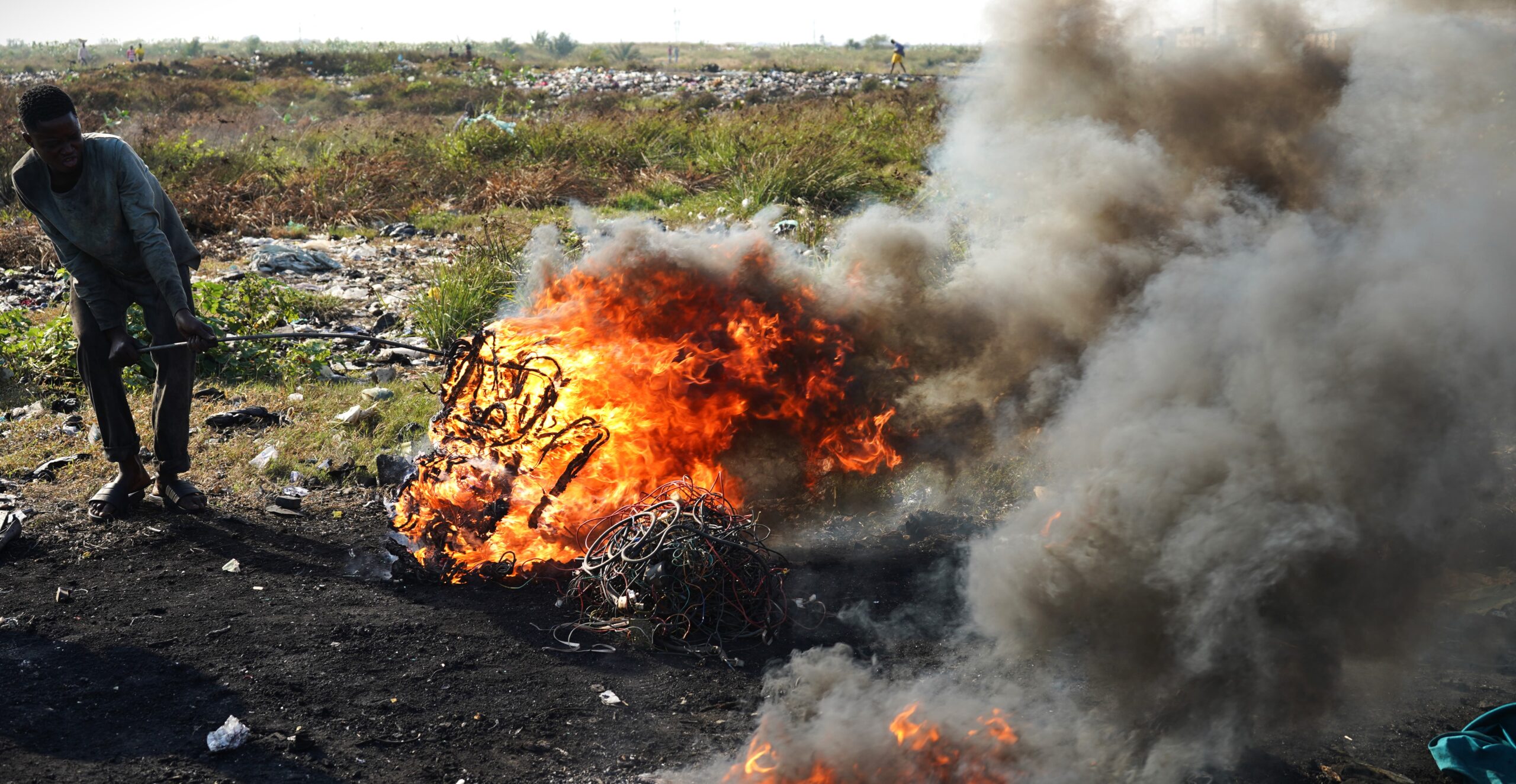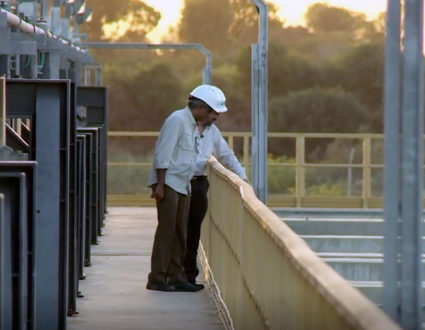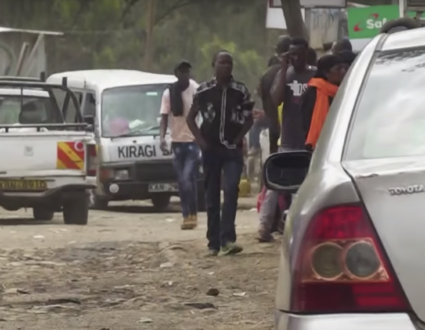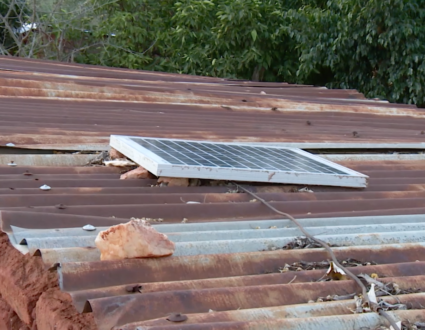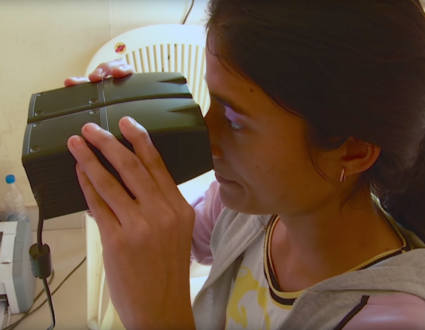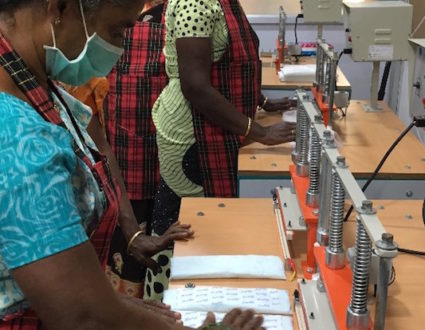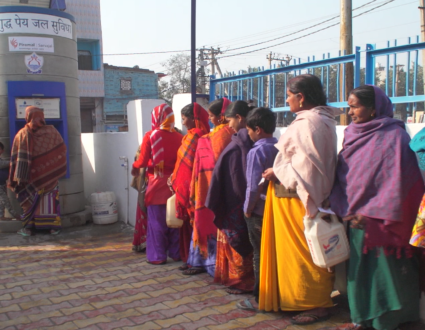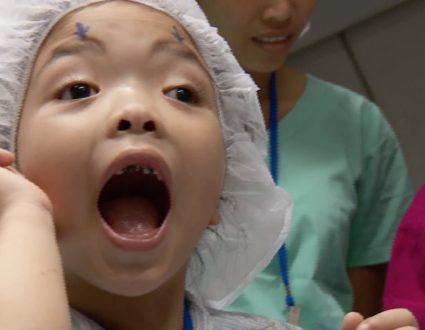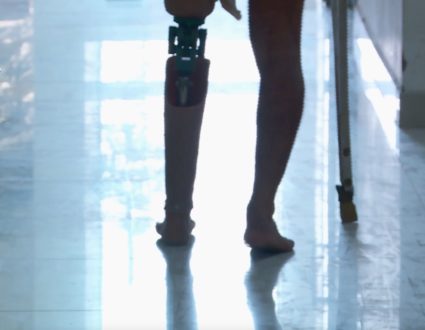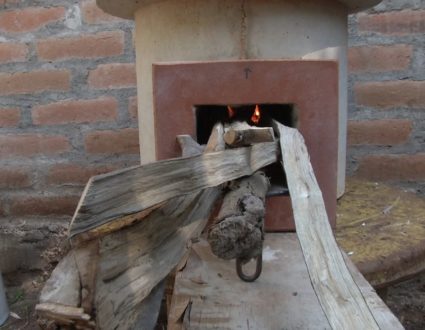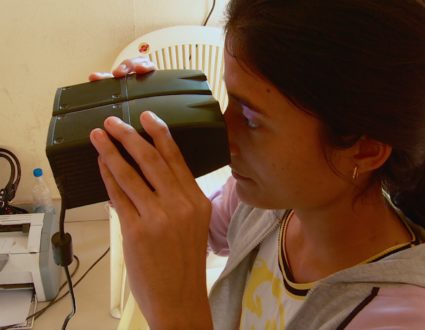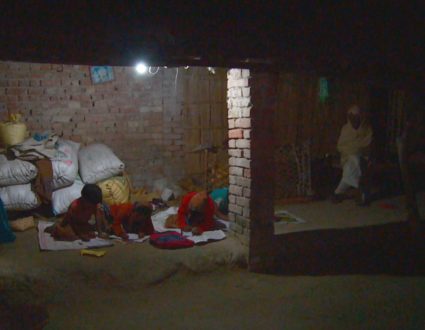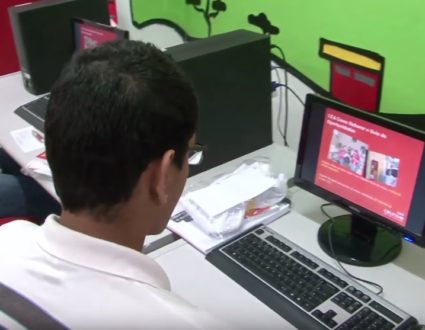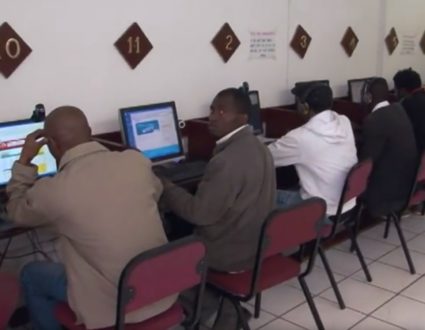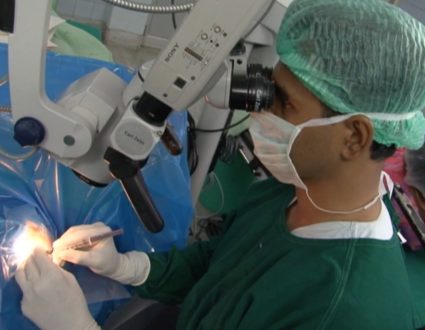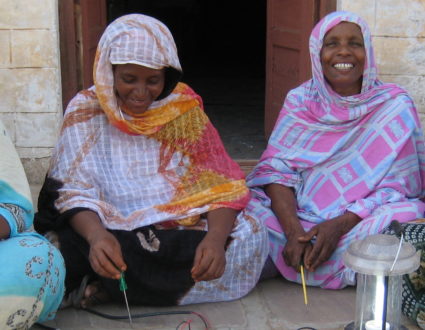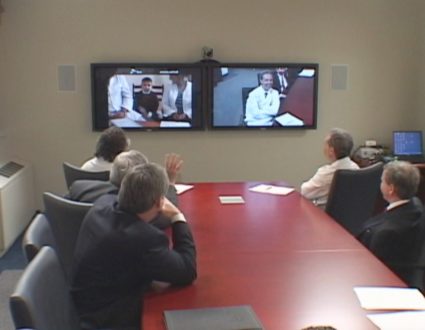GWEN IFILL: Next, we take another look at economic inequality, this time in a developing nation.
Special correspondent Fred de Sam Lazaro reports on how one man is using technology to transform lives in the slums of Brazil.
FRED DE SAM LAZARO: Rio de Janeiro’s gleaming skyline befits a world economic power. But there’s another world not far from the skyscrapers and storied beaches of Copacabana starkly visible in the surrounding hillsides.
It is a violent world. Even after police crackdowns and community policing initiatives in these slums, or favelas, Rio had 4,800 homicides in 2010. That’s more than 10 times the number in New York City, which had the most murders among U.S. cities.
Social entrepreneur Rodrigo Baggio blames much of it on drug trafficking and says it is rooted in poverty.
RODRIGO BAGGIO, Committee for Democracy in Information Technology (through translator): Brazil is the seventh largest economy in the world, but it is also has one of the world’s highest levels of inequality. A large portion of the population lives in economic and social exclusion. They earn very low incomes.
FRED DE SAM LAZARO: Baggio grew up in a privileged Rio family, a self-described computer nerd, but he’s focused much of his work on using technology to tackle that inequality.
His Center for the Democratization of Information Technology, or CDI, works with local community or faith-based groups to bring technological literacy to people in the favelas. Instructors come from the community, get training from CDI, and teach the basics about software, how to do research on the Internet, shoot video, often with just cell phones.
This equipment may be more readily accessible now, but Baggio wants to transform how these tools are used.
RODRIGO BAGGIO (through translator): Technology and technological inclusion allows for an impact that’s greater than just learning how to use a computer and being able to have access to the Internet. The big impact is that it empowers low-income communities because it teaches them to utilize technology to understand their reality in a better way and identify the challenges that they face.
FRED DE SAM LAZARO: Baggio’s favorite example is this video posted on YouTube by a group of young people.
RODRIGO BAGGIO (through translator): These kids went out with cell phones and digital cameras and they were interviewing community members and taking pictures in order to better understand their reality, the challenges that they face in the community. They chose an example of a photo of rats. One of the kids had taken a photo of rats.
FRED DE SAM LAZARO: They traced the rat problem to garbage not properly disposed of or collected. Then they spread word through handmade and computer-generated fliers.
They sent this video to the mayor, posted it on YouTube, and Baggio says all the publicity got a response from city hall that resulted in better trash services.
RODRIGO BAGGIO (through translator): I mean, this is a story, you know, 10 kids from a class that used technology, use the Internet to discover a problem, and find a solution for it and change their reality as a result.
FRED DE SAM LAZARO: Baggio left a prosperous business career in 1995 to start CDI, looking to combine volunteer work he’d done with street kids and his computer savvy. He relied mostly on corporate donations early on.
Today, there are 820 CDI-affiliated computer centers, plus 6,500 smaller cyber-cafes. Together, they serve 1.3 million low-income people across Brazil and 13 other countries. CDI still gets corporate donations, but designs self-sustaining enterprises. Once a computing school is set up, for example, the community partners must maintain them, often through nominal fees for students who can afford it.
At this community center, a hardware repair shop employs CDI alums and generates income for the school. Just up the hill, another alumnus, Alex Jose do Nascimento, opened his own tiny cyber-cafe.
ALEX JOSE DO NASCIMENTO, cyber-cafe owner (through translator): Because this is a very poor area of the slum and they have never had access before really at all, I hope that for the next few years, 2014 and 2016, to really be able to grow this business.
FRED DE SAM LAZARO: 2014 is when soccer’s World Cup comes to Rio, followed by the 2016 Olympics. Nascimento hopes to benefit from the windfall in spending by the city and tourists.
So are many people who work in poorly paid jobs, hotel maids and restaurant help, who are signing up with this CDI-run training center to upgrade their career prospects.
Twenty-three-year-old Wanderson Skrock is the center’s manager. He’s also getting his business degree in college. He’s come a long way since running into a CDI trainer while in a juvenile prison for drug dealing.
WANDERSON DA SILVA SKROCK, center manager (through translator): The Internet really opened my eyes. When I was a drug dealer, I had all the money, all the bling, all the women, all the material things that I wanted, but I didn’t have freedom.
I was afraid to leave my community, afraid to go to the beach, shopping. I didn’t go to the malls. I lived in fear. I really fell in love with these guys, Rodrigo’s story and several of the other teachers. I started to learn about them and saw that it was kind of this happy family, and I wanted to become part of this happy family.
FRED DE SAM LAZARO: Rodrigo Baggio says technology is bringing sweeping change around the world, but it must be channeled properly.
RODRIGO BAGGIO (through translator): We’re seeing these spontaneous revolutions happening in North Africa and the Middle East, where people have been using technology to get access to information for mobilizing.
This can happen in a chaotic way, as in England recently, where the kids outside the mainstream that don’t have access to computers and clothes and stuff are now breaking into stores. But they can happen in a more organized way as well. Technology is a tool that allows people to mobilize in order to gain a better quality of life.
FRED DE SAM LAZARO: And the more Brazil’s poor gain access to technology and the know-how to use it, the more Baggio says they can participate in the country’s booming economy, which he adds will get a $100 billion stimulus in new roads and other improvements for the World Cup and Olympics.
GWEN IFILL: Fred’s reporting is a partnership with the Under-Told Stories Project at Saint Mary’s University in Minnesota.

Skyline to slums
Rio de Janeiro’s gleaming skyline befits a world economic power, but it is not far from violent, impoverished slums.
RODRIGO BAGGIO
Technology and technological inclusion allows for an impact that’s greater than just learning how to use a computer and being able to have access to the Internet. The big impact is that it empowers low-income communities because it teaches them to utilize technology to understand their reality in a better way and identify the challenges that they face.



